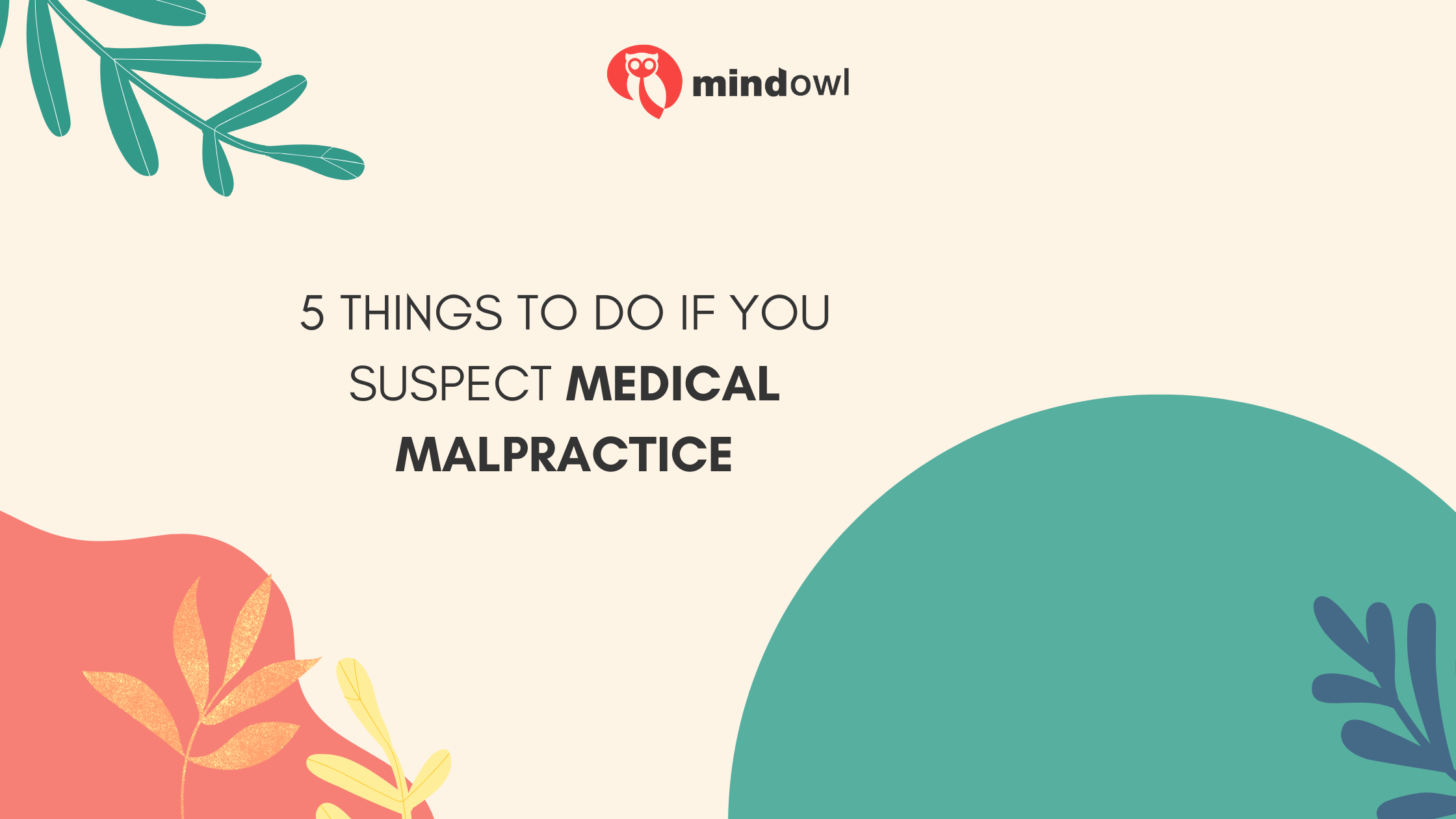Photo by Lucas Vasques on Unsplash
A breach of trust by a doctor when they fail to deliver adequate care is deeply distressing. Often, medical professionals may not intend to cause harm, yet the effects on the injured person and their family remain significant.
When medical treatment results in serious injury, the individual’s life is often thrown into turmoil, facing daily struggles to secure necessary healthcare, cover expenses, and manage pain. Although this period is highly stressful, it is crucial to act quickly and take necessary steps.
Consult a Different Doctor
Individuals affected by medical malpractice should prioritize their health above all. If you suspect a doctor has made a diagnostic or treatment mistake, consult another physician promptly to address the error. This second doctor will probably need to examine your medical records and conduct tests before establishing a diagnosis.
Following this, they can begin administering treatment to repair any harm caused by the initial doctor. In cases where a treatment error occurred, the second doctor will concentrate on managing the complications stemming from the mistake. Conversely, if you were misdiagnosed, the new doctor will focus on delivering the correct treatment for your actual condition.
Seek Legal Advice
Many individuals feel uncertain about their next steps after experiencing harm due to a healthcare provider’s negligence. While gathering medical records promptly is crucial, initially consulting with a seasoned medical malpractice attorney is equally important.
Each state imposes a statute of limitations for filing a medical malpractice lawsuit, with timeframes that differ based on the state and possibly the injury type. This timeframe is critical given the extensive preparations required before initiating a case.
An experienced Garland, Samuel & Loeb attorney will kickstart the legal process and guide the individual on contributing effectively to the case. This collaboration can be pivotal in addressing the legal aspects of their situation and beginning their path to recovery.
Report the Incident
Besides pursuing legal action, consider filing an official incident report regarding the suspected medical malpractice. Reporting the provider to a medical board or licensing authority may initiate an investigation into their conduct.
You can also report the incidents to patient advocacy groups and hospital internal review boards. While reporting by itself may not result in compensation, it can help ensure that negligent providers are held accountable.
Document Everything
In medical malpractice cases, thorough documentation is crucial. While medical records and bills serve as essential evidence, record other significant details. These include the date you suspected negligence, notes on your pain levels, photographs of any physical injuries, and descriptions of how the negligence has affected your daily life.
Don’t Discuss Your Case
If you feel that a doctor has provided inadequate care, you might be inclined to contact them directly through phone calls, messages, or letters. This reaction is normal, especially when you’re seeking answers or expressing frustration about the situation.
However, directly communicating with the doctor could jeopardize your chances of full and fair compensation through a medical malpractice lawsuit. Firstly, the doctor and insurer might use anything you say against you. More critically, this interaction might start the clock on the statute of limitations, reducing the time available to file a legal claim.
Endnote
Alleged medical malpractice is a grave issue that demands meticulous handling of the legal framework. Following these steps, you can safeguard your rights and seek justice for medical negligence. Ensure that you remain informed, proactive, and persistent throughout the legal journey to secure the most favorable result for your case.
MindOwl Founder – My own struggles in life have led me to this path of understanding the human condition. I graduated with a bachelor’s degree in philosophy before completing a master’s degree in psychology at Regent’s University London. I then completed a postgraduate diploma in philosophical counselling before being trained in ACT (Acceptance and commitment therapy).
I’ve spent the last eight years studying the encounter of meditative practices with modern psychology.

